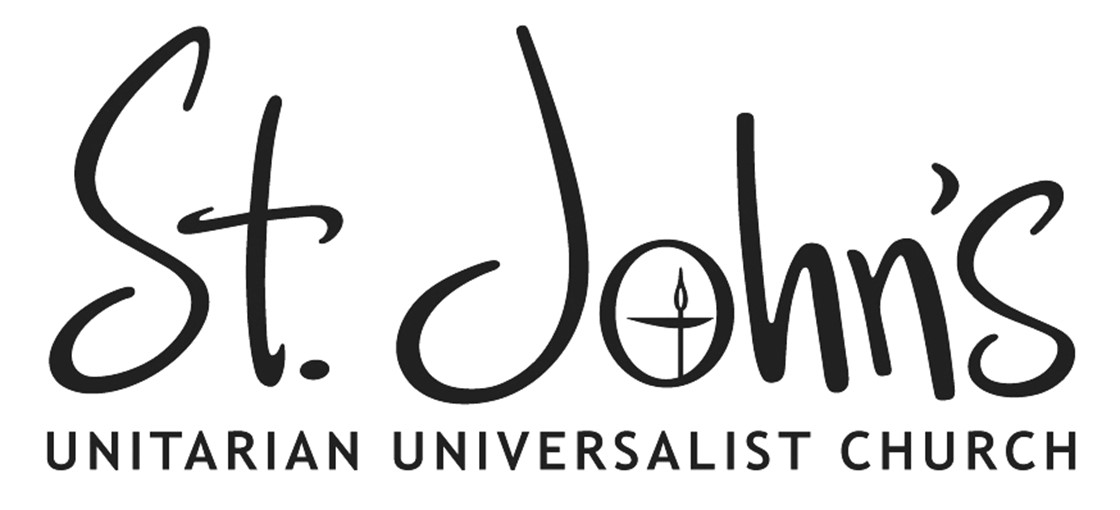Over the last few years, I have moved through hope and curiosity to a troubled spirit in response to trends in our shared association. I have hope in the new generation of leaders of color who bring a depth of wisdom and a new perspective to the faith. I am troubled that one of our ministers is facing heat for a variety of interpretations of him and his written work, The Gadfly Papers. The events surrounding the Reverend Todd Eklof have me asking three big questions:
How do these events reflect who we are?
How does my silence or speech reflect the values I hold most dear?
And how does my core faith manifest in the ministry I live?
For months I have planned to travel to Transylvania as part of the UUPCC Thanksgiving pilgrimage. This will be my third trip, and the second within a year. As a UU minister with an Iranian father and an Appalachian mother, I find myself an ill fit for the cultures of my ancestry while simultaneously resonating with the land, legends, history, and people of Transylvania. Standing on the stone floor of the church in Torda, I found my spiritual home.
I tried to not think too deeply about my relationship to the denominational troubles until I could go to the place where my faith is rooted and visit the hillside fortification where Francis David spent his last days. I needed to talk to the stones before finding a way forward.
Did you know that before Francis David was born, the construction of his prison was plagued by tragedy and grief? The legend says that what the workers would build in the day would crumble at night. They knew the remedy was to sacrifice the first woman who came to see her husband at the work site. Clement, the head builder, was loved by his wife. Her heart needed to see her husband. The wind and water, neighbors and nature tried to keep her away, but love called her forward. And when she came, he had no choice but to sacrifice her, mix her remains with mortar, and build the citadel which imprisoned Francis David.
She was there, holding the bricks together, when her young son came crying for his mother. She called from the wall that she was with him, but could not move from that place. His mourning was so intense that he died of heartbreak.
Years later, the Transylvanian Unitarian Reverend Nagy Ferenc wrote a poem asking Clement if it was worth it, this sacrifice of his wife to build such strong walls which after centuries would hold the symbol of freedom, Francis David, until death took him.
My mentor liked to say that truth emerges in dialog. Francis David was imprisoned to stop the dialog, stop the innovation of spirit and faith. But, in my imagination, the conversation continued between him and the woman in the wall. Perhaps they kept each other company. I like to think that through their communion came his final words, words he inscribed on walls which held the essence of love and innocence and loss. He wrote, “Neither the sword of popes, nor the cross, nor the image of death – nothing will halt the march of truth. I wrote what I felt and that is what I preached with trusting spirit. I am convinced that after my destruction the teachings of false prophets will collapse.”
It has been said that Francis David never uttered the words, “We need not think alike to love alike.”
And still, we all choose central myths of our faith.
I choose these words. And I choose to listen to the stones telling stories of the ebb and flow of religious freedom, the tragedy of living for love and the faith that keeps us telling these stories.
Part of my central myth, my reason for ministry is a deep faith that truth emerges in dialog. Dialog might continue, but cannot thrive in citadel prisons nor in communities which issue letters of censure for those who question the dominant narrative.
I believe in independent thought, not subjugation of independence to those who claim to know better than I.
This, not inconsequentially, is the argument that some of my Appalachian family made to my mother when they told her to not let me go to college out of a fear that being encouraged to think for myself would only lead to my getting out of my proper place. My family loves me. But they were possessed of religious fervor in a different tradition. Sometimes religious enthusiasm leads people to a righteousness judgement of who can do what based on demographic categories. I was too female to be exposed to challenging ideas.
I cannot help but to draw the parallel to those who, post GA 2019, employ different criteria, but still say that I should limit my exposure to challenging ideas.
And I know this: that all my education, travel and learning have led to a better understanding of place and purpose. I love this faith and hope to continue to serve the church and the people for as long as possible.
I still believe that we need not think alike to love alike.

